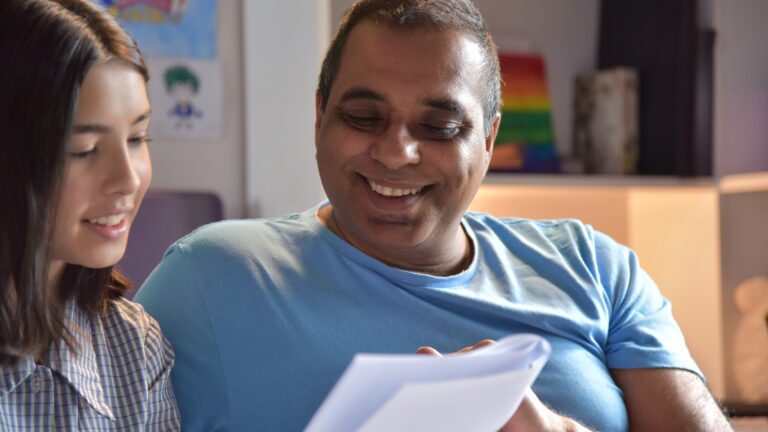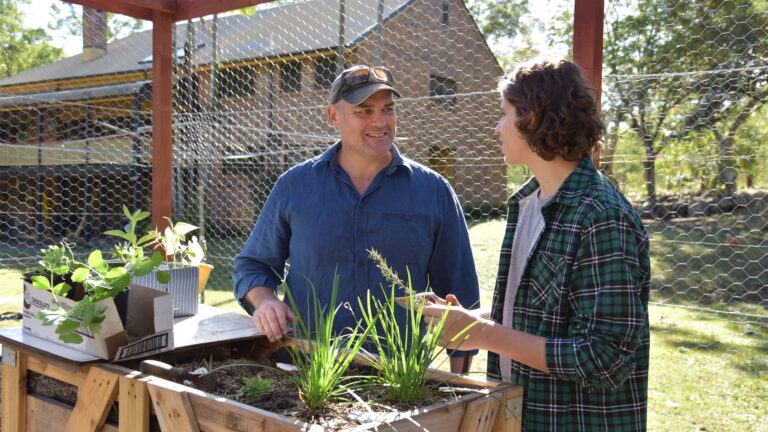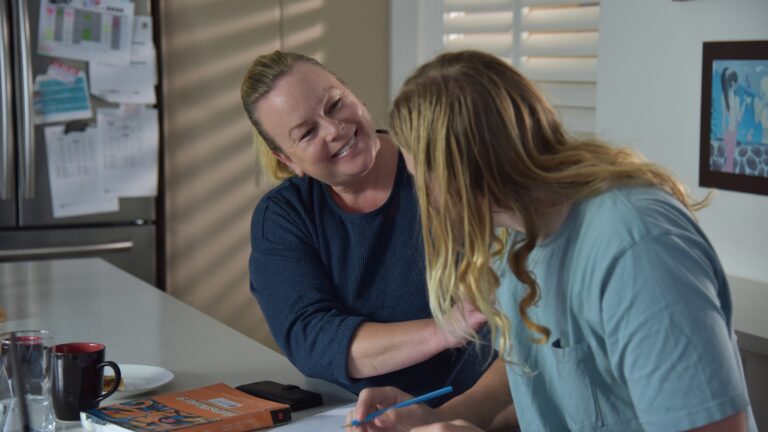Key Points
- What your child learns at home is likely to be mirrored in their interactions at school.
- Show support and let them know you’re there for guidance.
- Reach out for help when you need it. It’s not all on you.
Our teens need the skills to build safe and healthy relationships in all aspects of their lives. By having regular conversations about what positive, happy and equal relationships look like, you can help your teen build self-respect and learn to be respectful to others.
What are respectful relationships?
Concepts such as showing empathy, listening to and respecting others are all key factors in the emotional and social development of teens.
Respectful relationships rely on the foundations of honesty, trust, open communication and setting healthy boundaries. By making sure these foundations are part of your relationships at home you can better equip your child to create healthy connections in other areas of their life.
Understanding what defines respectful relationships can help you choose how and when to discuss the topic with your teen. While school plays a significant role in teaching young people respect, modelling respect and reinforcing these ideas at home is just as important.
Setting healthy boundaries
Respect is a two-way street. Both you and your child should have the space to set personal boundaries and have them respected. By establishing clear expectations and rules together, you can ensure your teen understands the reasons behind them. Be open to compromise where appropriate, as this helps your child develop a sense of autonomy and responsibility. When young people are shown that their comfort and wellbeing really matters, setting personal boundaries with others will become second nature. The ability to give and expect respect from others is also fundamental to their understanding of consent in relationships.
Lead the way
Teens learn by observing, so practise what you preach by being a positive role model with every opportunity you get. Respect, at its core, means acting in a way that shows you care how your actions may impact others. By showing respect not only towards your teen but towards your loved ones, family members, friends, and strangers, will resonate with your child and help shape their own values and behaviour.
Talking to your teen
Respect can impact all areas of life, which means there will be plenty of opportunities to talk about respect with your teen. Be careful not to overload the conversation with too much at once which may overwhelm them or come across as a ‘typical parent lecture’. To get the most out of these conversations, aim to talk with your teen during a quiet moment when they will be most receptive to what you have to say, or you could simply take the opportunity to add it to the conversation when it comes up naturally. If your attempts are met with a cold shoulder, don’t fret, just remind them that they can bring any questions or concerns they have to you and that no topic is off limits.
Be open
Using relationship examples and examples of respect from your own life can show your teen that you are willing to speak openly with them and allow them to draw connections to similar experiences they may currently be facing. Remember, all good things come with time. Establishing respectful relationships doesn’t happen overnight, but with every positive step, your teen will have gained valuable life skills and the ability to nurture healthy, respectful relationships that reach every corner of their life.
Need help?
Talking about respect with your teenager doesn’t have to be overwhelming. You can find more information and resources on respectful relationships and the importance of respect through the Respectful Relationships Education Hub.
Last Updated: 22 February 2024





